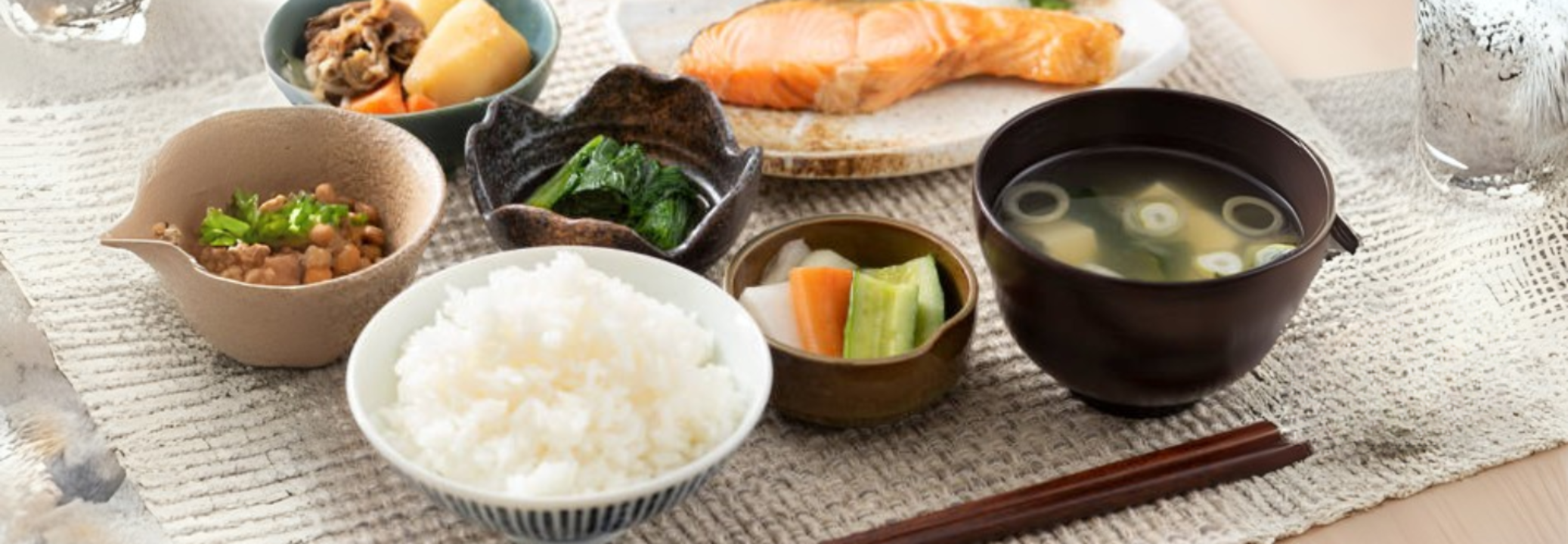This Traditional Japanese Diet Might Be Nature's Cure For Depression

Credits: iStock
SummaryA major Japanese study finds that following the traditional washoku diet—rich in fish, vegetables, and soy—may significantly lower the risk of depression and support better mental health.
End of Article
